 From The Florida Review interview with Denise Duhamel, focusing on her newest collection Blowout:
From The Florida Review interview with Denise Duhamel, focusing on her newest collection Blowout:
TFR:
Given the times we suddenly find ourselves living in, is there even more pressure to write in the moment?
Duhamel:
Yes, absolutely. I was thinking so much about how my next book, which is not out yet, is going to be called Scald. [The book came out in February 2017, after this interview.] It’s about feminism and it’s dedicated to three different great feminists. I was so in the zeitgeist of a Hillary Clinton presidency and women, and now I feel so unmoored. But I’m so glad I wrote it when I wrote it because, while I wasn’t thinking of Hillary necessarily when I was writing it, I felt this movement towards women and the feminization of power and saving the planet. Now, we really have to stay in the moment and not stick our heads in the sand. I mean you may have to stick your head in the sand for a week to survive, but then we have to come out strong.
TFR:
I felt like I often heard people say, “We are having more conversations about race during Barak Obama’s presidency and we will talk more about gender with a female president.” Do you feel like we will talk more or less about gender given the president we ended up with?
Duhamel:
He’ll talk a lot less about gender and even his wife will say less. I was reading something just this morning about how she wants to be more like Jackie O. It’s so retro and cultural regression to the max, right? She really wants to go back to the 1960s pillbox hat and not even say anything. We are in big trouble, but I also think because this election is so egregious and Clinton didn’t lose to a man who was moderate or even a Mitt Romney or John McCain, she lost to a misogynist who calls women the worst possible names, I think women are not going to give him a pass. We are going to come back strong, especially since we had a taste of what could have been. I can’t imagine women going, Oh well, we’ll let it go.
TFR:
No.
Duhamel:
I think we’ve been letting it go for decades and centuries and I don’t think we can let it go anymore.
TFR:
I think that’s also what I admired about your book. You didn’t let it go. You talked about it.
Read the full interview on Aquifer: The Florida Review Online.
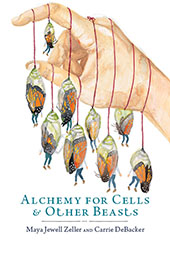 Entre Rios Press offers readers several new titles that will come with free audio download.Publisher Knox Gardner has been working closely with the book designer and audio producer. He tells me, “When I get the audio back from the studio, I am always startled to hear something new about the poems. I love it.” Gardner says they will have audio on all of their books and these first three will be available for free download for all listeners (not password protected). Samples are currently available on their website or here on their SoundCloud station. Entre Rios is also working to include an interview/discussion with Maya Zeller and Carrie DeBacker as part of their audio download.
Entre Rios Press offers readers several new titles that will come with free audio download.Publisher Knox Gardner has been working closely with the book designer and audio producer. He tells me, “When I get the audio back from the studio, I am always startled to hear something new about the poems. I love it.” Gardner says they will have audio on all of their books and these first three will be available for free download for all listeners (not password protected). Samples are currently available on their website or here on their SoundCloud station. Entre Rios is also working to include an interview/discussion with Maya Zeller and Carrie DeBacker as part of their audio download.
 After the first few months of getting their online feet wet,
After the first few months of getting their online feet wet, 
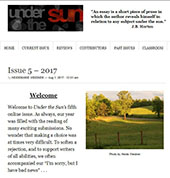 Under the Sun
Under the Sun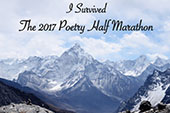 For either 12 or 24 hours starting at 9am on August 5, 2017, an elite group of writers entered into – and finished – the annual
For either 12 or 24 hours starting at 9am on August 5, 2017, an elite group of writers entered into – and finished – the annual  The winners of
The winners of 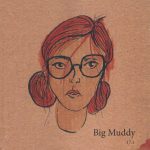
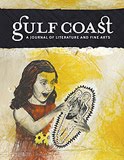 The newest issue of
The newest issue of 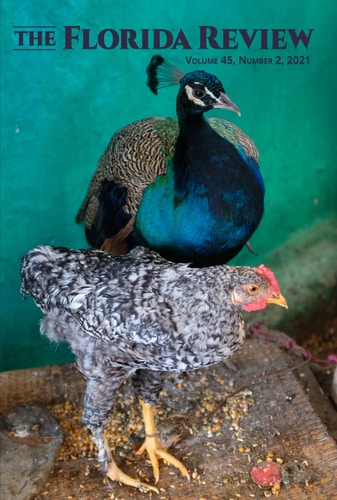 Nonfiction
Nonfiction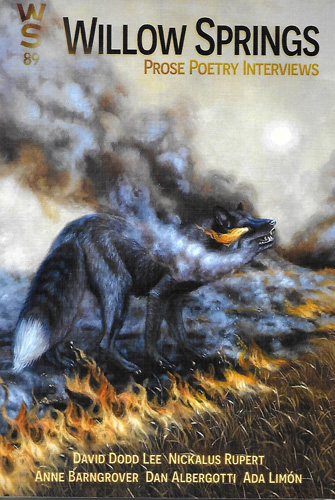 Happy 40th Anniversary to
Happy 40th Anniversary to 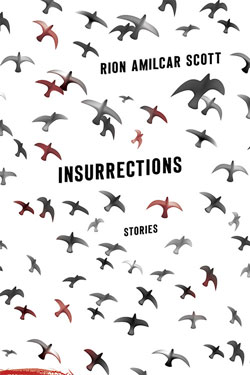 Each year, PEN America grants one winner of the
Each year, PEN America grants one winner of the 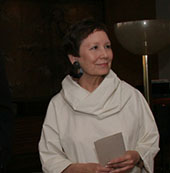 Gulf Coast: A Journal of Literature and Fine Arts
Gulf Coast: A Journal of Literature and Fine Arts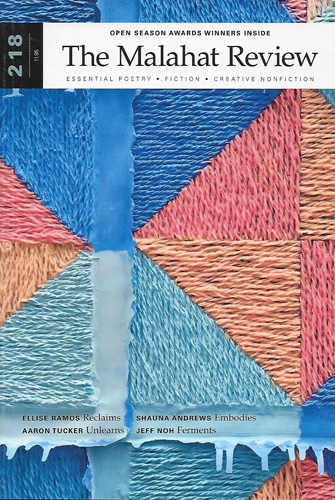 I have to admit to being slightly creeped out by
I have to admit to being slightly creeped out by 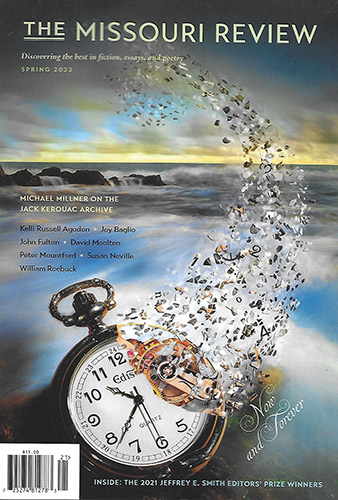
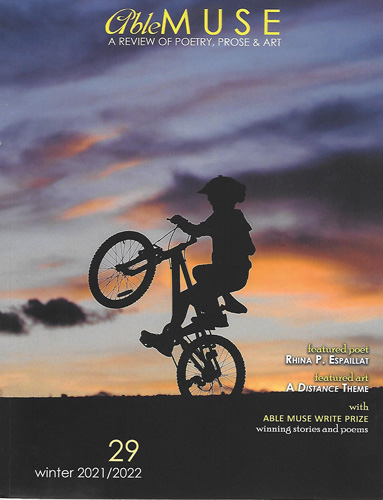 I’m not sure if the cover images “Remote Lighthouse” by David Mark / “Delta Flyers” by Barry Jones was intentional – with the black and white lighthouse – given the special art feature in this Summer 2017 issue of
I’m not sure if the cover images “Remote Lighthouse” by David Mark / “Delta Flyers” by Barry Jones was intentional – with the black and white lighthouse – given the special art feature in this Summer 2017 issue of  In the most recent issue,
In the most recent issue, 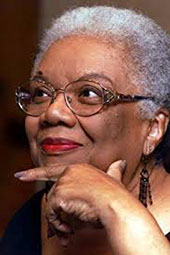 Second Look
Second Look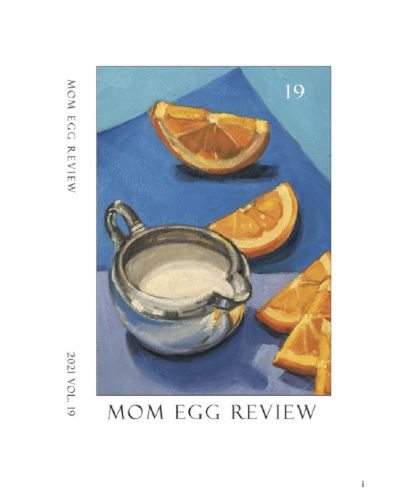
 From
From  The July/August 2017 issue of
The July/August 2017 issue of 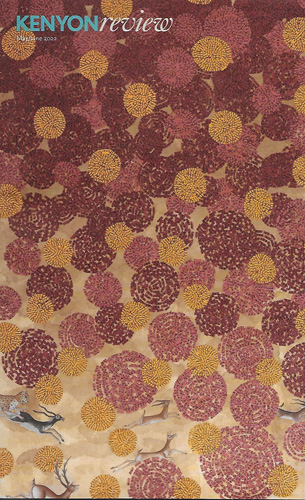 “Roaring Reading,” the July/August 2017 cover illustration by
“Roaring Reading,” the July/August 2017 cover illustration by 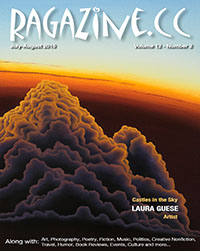 The cover of
The cover of  Thanks to
Thanks to 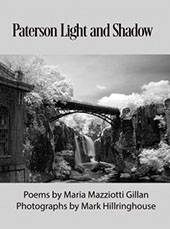 Some have described the movie as showing the creative process of poetry writing, but I’d say it more accurately reveals the kind of life poets live, with the process of writing poetry often inseparable from the day-to-day, moment-to-moment. And that is the beauty of what Jarmusch has created. He has absolutely nailed it in
Some have described the movie as showing the creative process of poetry writing, but I’d say it more accurately reveals the kind of life poets live, with the process of writing poetry often inseparable from the day-to-day, moment-to-moment. And that is the beauty of what Jarmusch has created. He has absolutely nailed it in